Panasonic, Tesla Enter Into Gigafactory Agreement
It’s official: Panasonic and Tesla have signed an agreement regarding their partnership involving the Gigafactory.
In their joint press release, Tesla will be responsible for preparing, providing and managing the basics of the factory, while Panasonic will build and provide the cylindrical lithium-ion cells needed for Tesla’s battery packs, as well as any equipment Tesla may need. Tesla will also continue to purchase cells from Panasonic’s factories in Japan to meet projected demand.
Tesla Chief Technical Officer J.B. Straubel said the Gigafactory “represents a fundamental change in the way large scale battery production can be realized,” especially when it comes to dramatically reducing the cost of energy storage “across a broad range of applications.” Panasonic Executive Vice President Yoshihiko Yamada added that the Gigafactory partnership would “accelerate the expansion of the electric vehicle market” once production of Panasonic batteries begin.
The Gigafactory is expected to produce 35 GWh of cells and 50 GWh of packs annually by 2020 for both electric vehicles and stationary applications, employing up to 6,500 to produce the batteries.
Seattle-based writer, blogger, and photographer for many a publication. Born in Louisville. Raised in Kansas. Where I lay my head is home.
More by Cameron Aubernon



















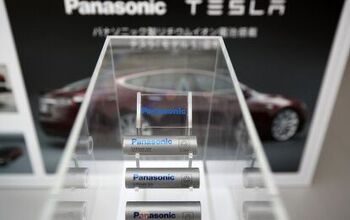
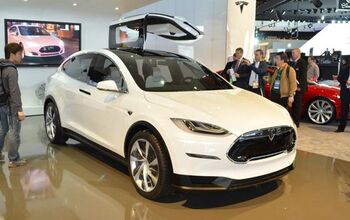
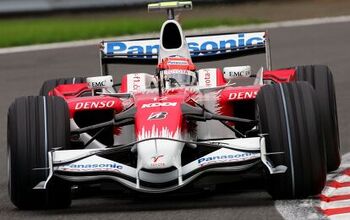
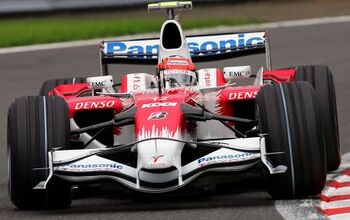
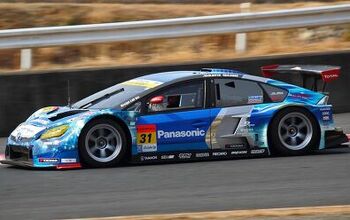




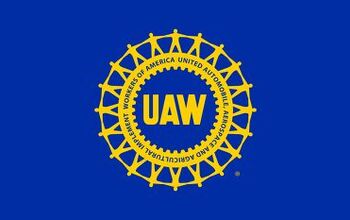





Comments
Join the conversation
Good, progress.
Tesla has HUGE technical issues to overcome. I understand a Model S went into limp mode only a third of the way around the "Ring" in Germany. I also hear the battery life at AutoBahn speeds is about 40 minutes. For all of Tesla's technical achievement, there are still some whoppers to be dealt with if they want to achieve mass market volumes.
Panasonic you really shouldn't be tied to a company like Tesla. Low quality products and a completely backwards business model in a highly competitive segment is only going to spell disaster.
What may not be largely known is that Tesla already has agreements in place and is supplying Toyota and BMW, and possibly other manufacturers batteries for use in hybrid and electric vehicles. Opening up the patents for others to use could foster and develop demand for more batteries that are proven to work with the technology. Get the gigafactory going, and BOOM! Batteries are a selling. It's a big gamble, and we will be wondering why we didn't buy stock in the company when we had the chance--if Musk can pull it off.